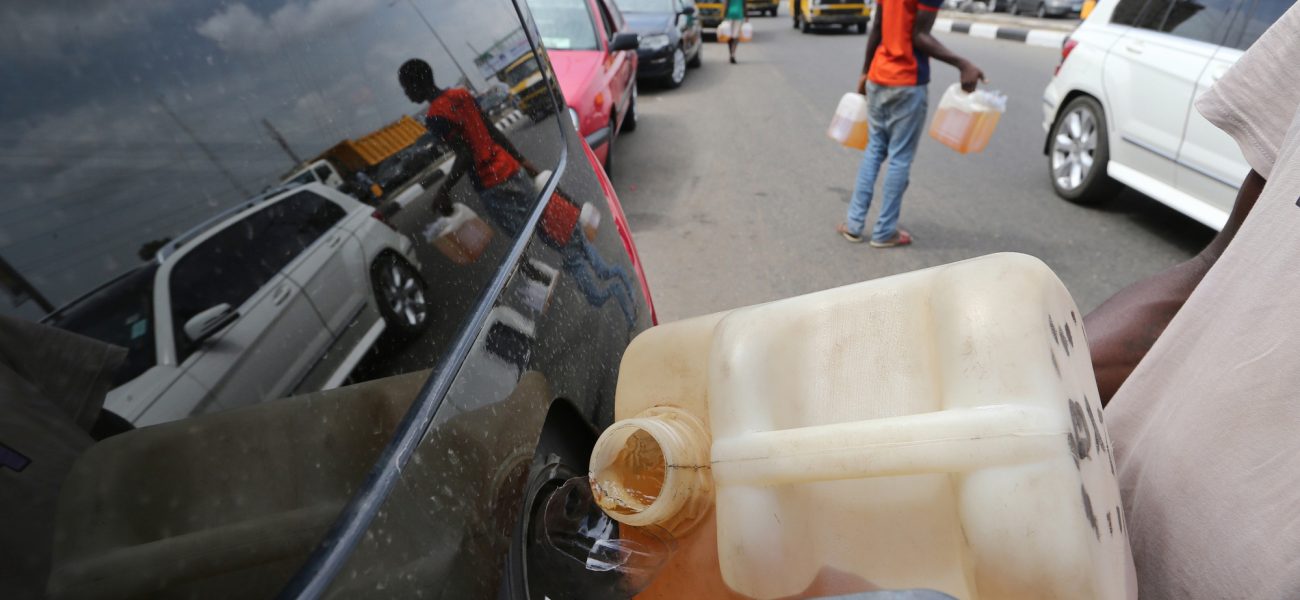When President Tinubu announced the removal of petrol subsidy in his inaugural speech in May 2023, Nigerians expected that the disreputable regime of subsidy was in his words, “gone.” The retail price of petrol at the time of this announcement has seen at least two increases since then, with the fixed price now prevailing between N577 and N617. It has however emerged that the prevailing retail price has held stable as a result of what appears to be government cushioning. Deterioration of the naira exchange rate to the United States dollar would seem to have affected the landing cost per litre of petrol in the country.
Within the past two months, there were indications that to be able to hold the price of petrol at current rates and avoid social upheaval, the government acted to reintroduce subsidy without explicitly saying so. Which would of course defeat the earlier announcement of subsidy being gone. Reports showed that a Federal Account Allocation Committee (FAAC) document indicates that the Nigerian National Petroleum Company Limited (NNPCL) used $220 million out of the $275 million dividends paid to the company by the Nigerian Liquified Natural Gas (NLNG), for petrol subsidy in August 2023.
The Presidency has often referred to the removal of subsidy as being a necessary measure with temporary adverse impact for long term economic benefit. It has equally stated that addressing inefficiencies within the midstream and downstream sub-sectors will ensure that petrol pump price is maintained without reversing the administration’s deregulation policy in the oil industry. As a measure to address the soaring costs of petroleum products, President Tinubu proposed to revive at least one refinery by the end of the year.
The government has explained that the retail price of petroleum products is determined by a combination of costs such as the cost of crude oil, cost of refined petroleum products, freight and insurance, taxes, as well as distribution and marketing costs and profits. Some of these costs are impacted by the foreign exchange rate. With the depreciation of the naira and the fluctuating foreign exchange rates, it is no wonder that the NNPCL maintains a monopoly in the importation of petrol due to its access to foreign exchange over independent importers.
If indeed petrol subsidy has returned, then the country will be spending just as much if not much more funds on subsidy as was paid in the past. This will be as a result of the increase in the overall costs of importing petrol further exacerbated by the foreign exchange crisis in the country. With the last quarter of the year already counting, it may be a tall order to have one Nigerian refinery up and running by December 2023. It will be recalled that in 2021, the Federal Executive Council under the administration of former President, Muhammadu Buhari, approved the rehabilitation of the Port Harcourt refinery for the sum of $1.5 billion with several timelines listed for when it will become operational. Even as at March 2023, the former Minister of State for Petroleum, Timipre Sylva announced that the refinery would commence operations before the end of the second quarter of 2023. However, this has not come to be.

